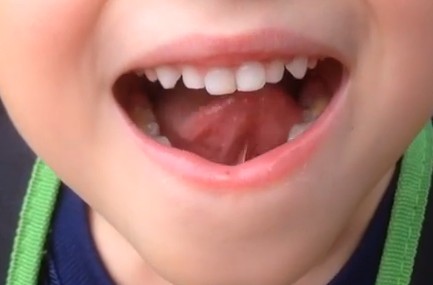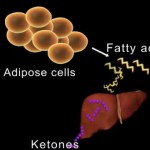Medically referred to as dysgeusia, a taste of metal in mouth is an indication of an acidic, metallic, or sour flavor in the mouth. Such unusual sour or acidic taste in mouth typically persists for prolonged periods.
Taste of metal in mouth can be linked to a variety of pre-existing conditions ranging from mild problems like gastritis and oral cavity ailments to deadly diseases like cancer and lead or mercury poisoning.
By itself, a taste of metal in mouth is usually harmless and does not result in any health complications. The danger however lies in the underlying causative conditions, some of which can be serious and life-threatening.
Causes of taste of metal in mouth
Some of the common causes of taste of metal in mouth are listed below:
- Dental problems: Poor oral hygiene and the underlying occurrence of dental diseases are the primary causes of taste of metal in mouth.
- Different kinds of oral infections, gingivitis, tooth abscess, dental caries, periodontal diseases, trench mouth, and other common ailments that adversely affect the mouth can trigger the occurrence of metallic taste in the oral cavity.
- The reaction of tooth amalgams containing substances such as silver or mercury with other matter occurring in the oral cavity can also induce a taste of metal in mouth. In fact, this is considered as the most prevalent cause of metallic taste in mouth.
- Fungal infections of the oral cavity which also affect the tongue can not only cause taste of metal in mouth, but can also harm the taste buds.
- Underlying diseases: The underlying presence of a variety of diseases can also trigger a case of taste of metal in mouth.
- Gastritis, heartburn, acid reflux, and jaundice are considered to be the main causes of taste of metal in mouth.
- Peptic ulcers, hypercalcemia, cancer, kidney diseases, and acute kidney failure are also known to facilitate the occurrence of taste of metal in mouth.
- Taste of metal in mouth may also occur as part of an allergic reaction after the intake of certain food stuffs.
- Any kind of pre-existing condition, trauma or injury, or any abnormality which affects that specific section of the brain controlling the senses of taste and smell can also trigger the onset of taste disturbances, including a taste of metal in mouth.
- Patients suffering from varied problems of the sinus, including sinus infections, may experience taste of metal in mouth as a side effect.
- One of the symptoms of varied autoimmune diseases is taste of metal in mouth.
- When the levels of copper and iron and other such metals in the body become higher than normal, then affected people may suffer from taste of metal in mouth.
- Long-term intake of alcohol can damage the taste buds and adversely affect the oral cavity, thereby leading to taste of metal in mouth.
- Consumption of certain foods and medications: Intake of certain drugs and foods can also cause taste of metal in mouth.
- Eating certain kinds of sea food such as mackerel, bonito, tuna, and other such sea fishes can result in a temporary taste of metal in mouth. This condition is known as histamine fish poisoning. The metallic taste usually disappears on its own after some time.
- Use of high blood pressure medications, certain antibiotics, prenatal vitamins, antidepressant drugs, and diabetes medicines can also produce a metallic taste in mouth, albeit for a short time.
- Other causes:Other uncommon causes of taste of metal in mouth include:
- People with occupations that involve exposure to certain chemicals like benzene, hydrazine, gasoline, dust, rubber cobalt, and lacquers, etc. are at greater risk to suffering from taste of metal in mouth than others.
- Copper poisoning, lead toxicity, and overdose of mercury or selenium can potentially trigger metallic taste in mouth.
- Women may experience a taste of metal in mouth during the first trimester of pregnancy. It generally occurs due to hormonal changes that take place during pregnancy, particularly due to changes in the levels of estrogen hormones.
- An increased age of 50 or more; excessive smoking of cigarettes; drinking water from underground sources of water, such as a well, that contain traces of calcium, magnesium, and other minerals are other factors which can contribute towards occurrence of taste of metal in mouth.

Sponsored link
Treatment of taste of metal in mouth
Treatment of taste of metal in mouth is aimed at finding out the underlying causes and then curing it as per set medical procedures.
- Proper oral hygiene involving daily brushing can help alleviate minor dental problems. Ensure that the tongue is also cleaned when brushing. Flossing can help eliminate food particles trapped in between the teeth; this prevents the growth and proliferation of bacteria in the oral cavity. Mouthwashes can further help flush out the pathogens.
- In addition to a toothpaste, brush the teeth with baking soda and salt to get rid of dental infections and plaque.
- Get a dental checkup done. All major dental diseases need to be treated by a dentist.
Some home remedies to alleviate taste of metal in mouth are listed below:
- Stimulation of saliva production via intake of oranges, lemon, and other citrus fruits.
- Avoiding excessive consumption of tea and coffee.
- Eating foods that are marinated or made in vinegar.

